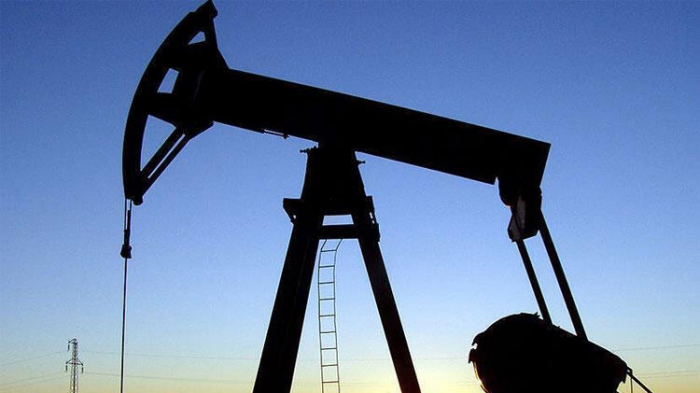Brent crude for August had slipped 16 cents, or 0.2%, to $76.02 a barrel by 0318 GMT while U.S. West Texas Intermediate crude for August was at $73.93 a barrel, down 12 cents, or 0.2%.
Oil prices rose for a fifth week last week as fuel demand rebounded on strong economic growth and increased travel during summer in the northern hemisphere, while global crude supplies stayed snug as the Organization of the Petroleum Exporting Countries (OPEC) and their allies maintained production cuts.
The producer group, known as OPEC+, is returning 2.1 million barrels per day (bpd) to the market from May through July as part of a plan to gradually unwind last year's record oil output curbs. OPEC+ meets on July 1 and could further ease supply cuts in August as oil prices rise on demand recovery.
"Demand recovery has caught everyone by surprise and OPEC needs to respond," Howie Lee, economist at Singapore's OCBC bank, said.
"There is some leeway for easing supply curbs given how high prices are, and we might see a 250,000 bpd increase from August."
ANZ and ING expect OPEC+ to increase output by about 500,000 bpd in August, which is likely to support higher prices.
"Anything less than this amount would likely be enough to see bulls push the market higher in the near term," ING analysts said in a note.
One Singapore-based oil analyst said oil prices are unlikely to see a big correction unless OPEC+ increase supplies by 1 million bpd or more.
Negotiations over the revival of Iran's nuclear deal are expected to resume in coming days. A monitoring agreement between Tehran and the U.N. nuclear watchdog lapsed last week.
A weaker U.S. dollar and a reversal of risk appetite in global markets also supported dollar-denominated commodity prices.
The United States added 13 oil and gas rigs in June, up for an 11th month in a row along with higher oil prices, although it was the smallest monthly increase since September 2020, Baker Hughes data showed on Friday.
















































